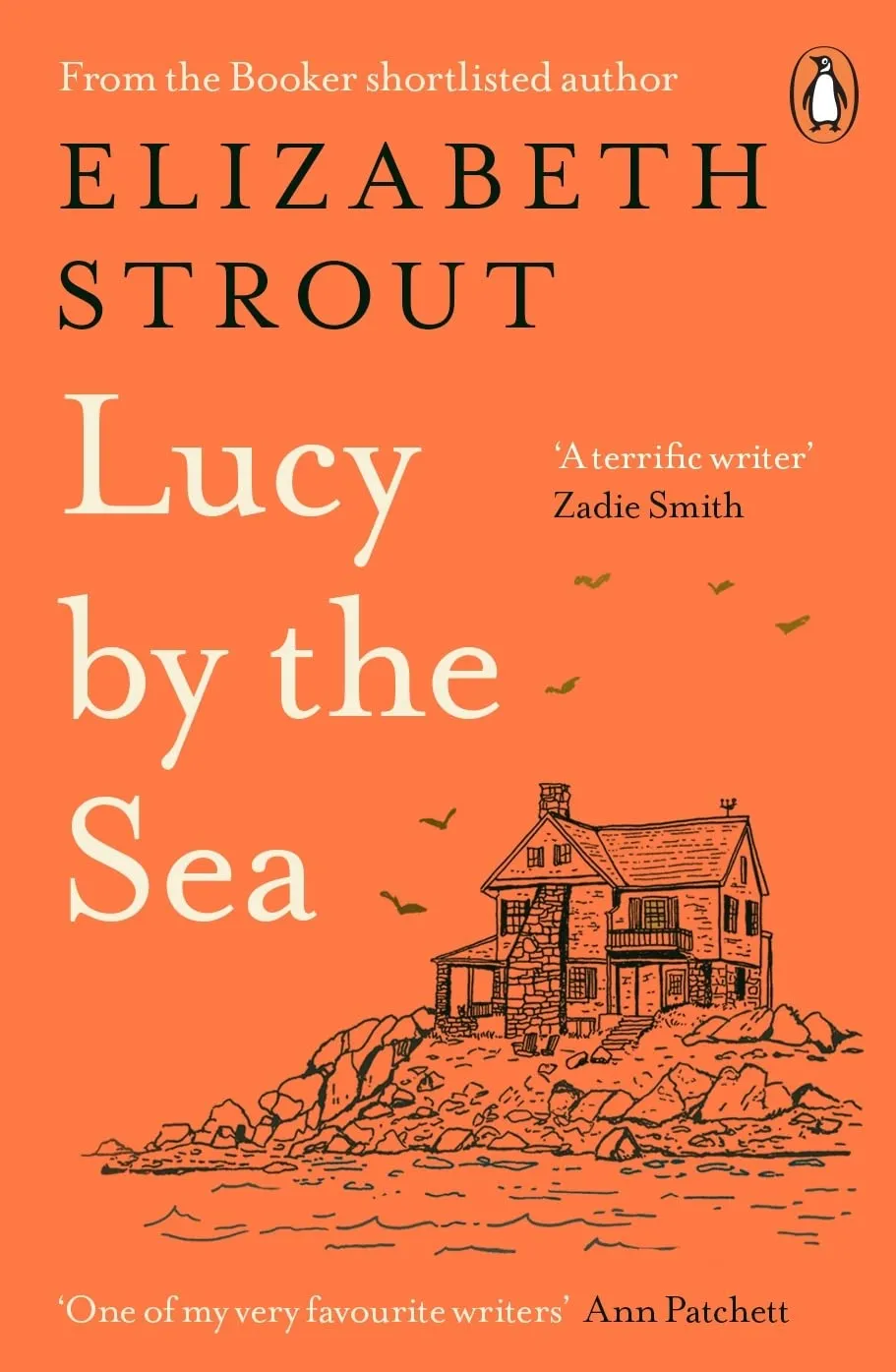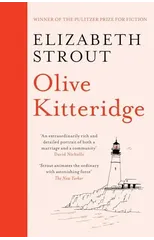In March 2020 Lucy's ex-husband William pleads with her to leave New York and escape to a coastal house he has rented in Maine. Lucy reluctantly agrees, leaving the washing-up in the sink, expecting to be back in a week or two. Weeks turn into months, and it's just Lucy, William, and their complex past together in a little house nestled against the sea. Rich with empathy and a searing clarity, Lucy by the Sea evokes the fragility and uncertainty of the recent past, as well as the possibilities that those long, quiet days can inspire. At the heart of this miraculous novel are the deep human connections that sustain us, even as the world seems to be falling apart.
Elizabeth Strout
Elizabeth Strout is an American author known for her profound exploration of human emotions and relationships in her novels. Her most notable works include "Olive Kitteridge," which won the Pulitzer Prize for Fiction in 2009, and "My Name is Lucy Barton," which was shortlisted for the Man Booker Prize in 2016. Strout's writing style is characterized by its spare and unflinching honesty, delving into the complexities of ordinary lives with empathy and insight. She is celebrated for her keen observations of the human condition and her ability to craft intimate and powerful narratives. Strout's impact on the literary genre can be seen in her ability to capture the nuances of everyday life and the inner workings of her characters, making her a master of contemporary American fiction.












